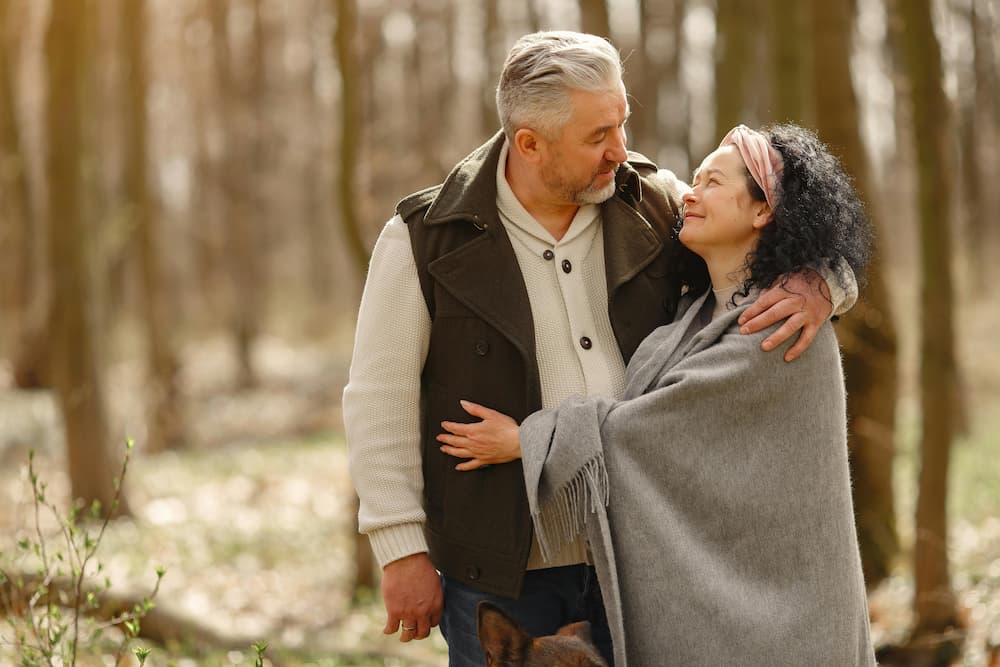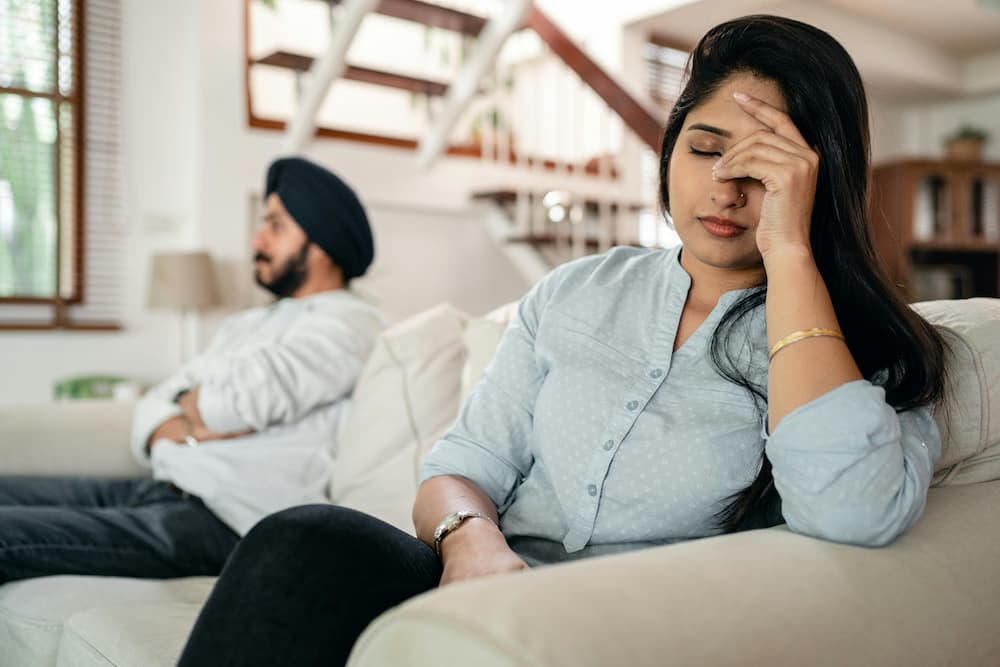In my work as a couples therapist, I talk to a lot of people who aren’t sure how to tell if their relationship is healthy. Maybe you’re not fighting constantly, but you don’t feel very connected. Or maybe you do fight—but when you’re not, your relationship feels phenomenal. Maybe you’ve thought about attending couples therapy, but you’re not sure if it’s the right fit for you.
A secure relationship isn’t a perfect one. It isn’t conflict-free, and it doesn’t mean you never trigger each other’s attachment wounds. It means the relationship can weather challenges without threatening your sense of safety or self-worth. In a secure partnership, you can be your full self—messy, human, emotional—and still feel loved and connected.
Though no checklist can fully define whether your relationship is secure, most secure couples share some common threads. Here are 10 signs you’re in a secure relationship, plus ways to strengthen security if you’re still building it.
Get In Touch1. You Can Be Vulnerable Without Fear of Judgment
In a secure relationship, you can show your emotions, speak your mind, and share your fears without worrying your partner will shame, reject, or punish you. You don’t have to perform, be perfect, or hide your struggles.
How to build this: Practice sharing your internal world in small, honest ways. Name what you’re feeling, even when it feels uncomfortable. When your partner responds with curiosity and care, you both build trust that vulnerability is safe.
2. You Repair After Conflict
All couples disconnect at times, but secure couples can come back together after a fight. They trust that even if conflict happens, they can work through it, understand each other, and reconnect.
How to build this: Learn how to initiate and accept repair attempts. Say, “I acted from a reactive place. I didn’t mean to make you feel alone,” or “I see now how that hurt you.” Repair restores connection rather than assigning blame.

3. You Can Ask for What You Need
You don’t have to cajole, collapse, or lash out to get your needs met. You trust your partner cares and wants to respond—even if they can’t meet every need right away or need help understanding what those needs are.
How to build this: Name your needs directly instead of waiting for your partner to read your mind. You might say, “I’d love more time just the two of us,” or “I need some reassurance when you’re quiet.”
4. You Feel Safe Expressing Discomfort
You can share boundaries, concerns, or things you’re not okay with without fearing your partner will get defensive, withdraw, or retaliate.
How to build this: Make space for each other’s “no” without punishment. When your partner brings up something hard, take a breath and remind yourself that listening doesn’t mean you’ve done something wrong. Listening builds a bridge to deeper understanding.
5. You Respect Each Other’s Autonomy
In a secure relationship, you don’t have to merge identities or do everything together to feel close. You both have space to pursue growth, friendships, and interests without feeling threatened.
How to build this: Normalize a balance of connection and individuality. Cheer each other on, even when you walk different paths—then return to share what you’ve learned.
6. Your Nervous System Relaxes Around Each Other
A secure relationship feels safe in your body. Even when life gets stressful, your partner feels like someone you can exhale around. You don’t stay on high alert or constantly monitor their mood.
How to build this: Notice how your body feels around your partner. Are you bracing or softening? When you both co-regulate—through soft tones, eye contact, and safe touch—you reinforce that sense of calm.
Begin Therapy7. You Turn Toward Each Other’s Bids for Connection
Bids for connection show up in small ways—reaching for a hand, asking about their day, sharing something funny. In a secure relationship, you notice and respond to those bids more often than not.
How to build this: Catch your partner’s bids, even the subtle ones. A “look at this meme” or “guess what happened at work” is an invitation to connect. The more you say yes to those moments, the stronger your bond becomes.
8. You Know Your Relationship Can Handle Change
Secure couples don’t avoid stress—career shifts, parenthood, illness, loss—but they face it as a team. They trust that whatever comes, they can move through it together.
How to build this: Talk about how you want to show up for each other in hard times. A secure relationship isn’t about never struggling—it’s about struggling together.
9. You Trust Each Other’s Intentions
Even when mistakes happen, you believe your partner is trying. You assume care, not harm. This belief makes it easier to work through conflict without spiraling into blame or resentment.
How to build this: Practice giving the benefit of the doubt. Instead of “you don’t care about me,” try “I know you love me—can we talk about what just happened?”

10. You Feel Seen, Valued, and Loved for Who You Are
At the core of secure attachment is this: I can be fully myself, and still be fully loved. You don’t have to be perfect, performative, or always agreeable. You are loved in your wholeness, not just your highlight reel.
How to build this: Affirm each other often. Say, “I love how your mind works,” or “I feel so lucky to be with someone like you.” Remind each other that love isn’t conditional—it’s rooted in knowing and appreciating who you truly are.
What If Your Relationship Doesn’t Feel Secure?
If you’re reading this and thinking, We’re not there, you’re not alone. Many people didn’t grow up with models of secure connection. If you notice anxious or avoidant patterns—like pulling away when things get close or panicking when you feel distance—those aren’t personal failings. They’re adaptive responses to old wounds.
The good news: you can build security. Couples therapy offers one of the most powerful ways to do that.
How Couples Therapy Can Help
In couples therapy, you’ll learn how to:
- Understand the deeper emotional needs beneath your patterns
- Talk to each other in ways that foster safety instead of triggering old wounds
- Repair after conflict so you don’t stay stuck
- Rebuild trust and intimacy, even after disconnection
Whether you’re in a new relationship or decades in, you can always build a more secure foundation. With the right support, you can move from reactive patterns into a more grounded, connected, and loving dynamic.
A secure relationship doesn’t mean you never get triggered or frustrated. It means you keep choosing each other, even when things are hard.
If you’re ready to strengthen your bond and move toward a more secure connection, reach out for a free 15-minute consultation today.
Begin Couples Therapy
Emma Kobil is a trauma therapist practicing online with feminist women and thoughtful couples in Colorado and Florida. Her philosophically informed therapeutic approach focuses on helping creative and perfectionist women and couples heal. Learn more about Emma, or schedule an appointment, at mindfulcounselingdenver.com.









